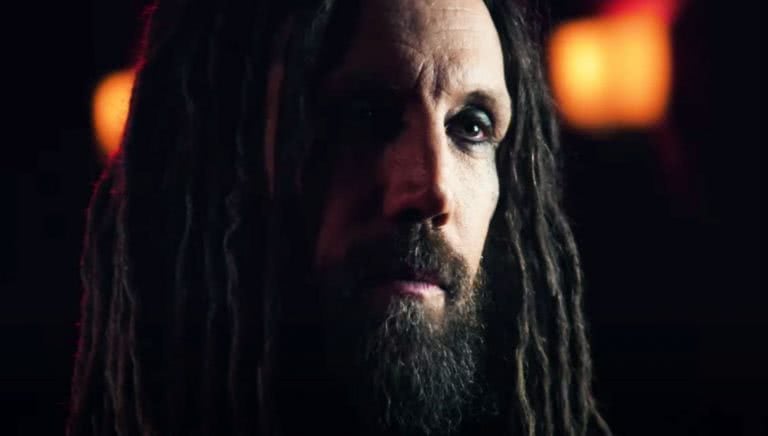Korn guitarist Brian “Head” Welch has opened up about his mental health and struggles with addiction in a moving interview alongside his daughter Jennea Welch for the You Rock Foundation.
The foundation aims to spread mental health awareness through stories told by artists to battle the stigma and assure others who may be struggling that they’re not alone.
Joining previous musicians who have shared their stories such as The Used’s Bert McCracken and Slipknot’s Jim Root, Welch opened up to the foundation for Mental Health Awareness month about his turbulent relationship with his daughter over the years, as well as his journey to finding his faith and dealing with sobriety.
“I wanted to love and I wanted to do good, but my actions weren’t capable of manifesting that,” Welch said of his pre-sober lifestyle.
“It was just a cycle of doing the wrong things and feeling guilty, and wanting to medicate and not feel the guilt because I can’t change,” he added of his struggle with addiction. “That’s where the faith came in and the spiritual life,” he said. “It gave me this power to desire to want to keep going.”
He continued, “Love is the strongest force on the planet, and it was divine love that opened me up and forced me to face the hate I had against myself.”
Welch helped found Korn in 1993 and remained a member until 2005 when he walked from a $23 million record deal and left the group after choosing to look after his daughter and work on becoming a good Christian.
Love Music?
Get your daily dose of metal, rock, indie, pop, and everything else in between.
In 2013, after getting sober and sharing his newfound faith in an I Am Second interview, Welch then returned to Korn.
The raw interview comes following the release of the muso’s documentary Loud Krazy Love, in which he also shares his struggles along with daughter Jennea, who addresses her own issues from childhood in coping with a famous father, as well as dealing with depression and anxiety.
If you or somebody you care for needs help or information about depression, suicide, anxiety, or mental health issues, contact Beyond Blue on 1300 22 4636 or Lifeline on 13 11 14.
Check out Brian and Jennea talking mental health for the You Rock Foundation:


































